It’s hard to comprehend the amount of money, time, examinations, and sacrifice that one has to endure over their youth to pursue physician training. On reflection, it seems like a blur, but I still remember so many pivotal milestones in my career – my first patient encounter, my first code blue, my first surgery, my first IV placement, my first death pronouncement, the first time I held an ultrasound probe, the first central line I placed, the first day of residency, the first time I performed cardiac massage, the first day of medical school, the first day I moved to Boston… ah so much nostalgia!
I was fortunate to have many successes during my training, but even more fortunate to have made mistakes under the watchful eye of my seniors/attendings. I learned very early on that it’s not about looking good on rounds or showing up one’s colleagues. Medical training is the time to stretch one’s proverbial wings, be courageous, make mistakes, learn from them, and share one’s education FREELY with others.
As of yesterday, I’ve completed my adult cardiothoracic anesthesiology fellowship, and with that, put the bookend on a decade of formal medical training. Over the course of medical school, residency, and fellowship, I’ve preached “work ethic and humility above all else” and the importance of learning for YOUR PATIENTS rather than for exams, to look good on rounds, etc. It’s this attitude that I believe keeps the idea of “lifelong learning” very tangible and rewarding over one’s career. Furthermore, if one learns material for the purposes of (freely) teaching others, it fosters pursuing a deeper understanding of the content at hand.
The most influential mentors I’ve had over the years have universally shared a defining characteristic – saying “I don’t know” with ease. These are the same individuals who are leaders in their respective disciplines… the “go to” authorities regarding a myriad of topics… yet they have the humility and confidence to admit their lack of understanding if need be. In a sea of competitive pre-meds, studious medical students, and young physicians… ignorance is often viewed as a sign of weakness; however, medicine is by its very nature an imperfect science that the general public often does not understand. Doctors cannot cure everything. We don’t understand everything. There’s no medication, surgery, or therapy that exists to always “save lives.” For that reason, we don’t always have the answers. I stress the idea of embracing ignorance to my trainees… the idea that the more they learn, they more they will realize how little they actually know about human pathophysiology and medicine at large. As mentioned, use your training to make mistakes and learn from everyone you can! I can teach knowledge and skills but not work ethic. Consequently, I absolutely despise laziness. There’s NO substitute for experience and putting in the time to perfect one’s craft.
In the OR and ICU, a patient’s clinical status can quickly deteriorate. Things are in constant flux. Surgeons want to schedule cases in other rooms. ICU protocols are modified based on new research. Trainees want to try a different style of doing things. Certain medications are on backorder. Equipment is malfunctioning. The aforementioned are just some of the realities we routinely face in academic medicine. Over the years, I’ve seen attendings “roll with it” and demonstrate incredible flexibility by adapting to the situation at hand. This, in turn, shows confidence in their abilities to do things more than one way. It’s also an incredible way to learn new styles of practicing medicine!
Of course there was going to be something negative about this post. Social media has given me a great outlet to teach, but also provided me with an abundance of naysayers and ill-wishers that, true to their feeble characters, turn to anonymous accounts behind the veil of a smartphone/computer to cyberbully. Quite frankly, I envy those who have that kind of time. Whether it’s on the Internet or in person, don’t let others discourage your plight. For me, that’s patient care and medical education. Unresolved insecurities held by others should be pitied rather than internalized. Life is short, and my daily goal of learning in order to teach won’t last forever. I intend to make the most of my time focusing on this mission while dismissing negativity.
Oh, and this one’s for you, Frank! I know you’re up there watching reminding us how positively elegant life is! 🙂 To those who don’t know, Dr. Frank Kretzer was a legendary professor at Baylor College of Medicine who, from the very beginning of my medical training, taught the importance of unparalleled scholarship, compassion, education, and putting patients first. Not an achievement goes by where I don’t think about the influence he had on my early training path.
I can’t thank my colleagues over the last ten years enough for their wisdom, patience, words of encouragement, constructive criticism, collegiality, and quite frankly, making me feel like I have an important role in the landscape of healthcare. Here are some pictures from over the years! 🙂
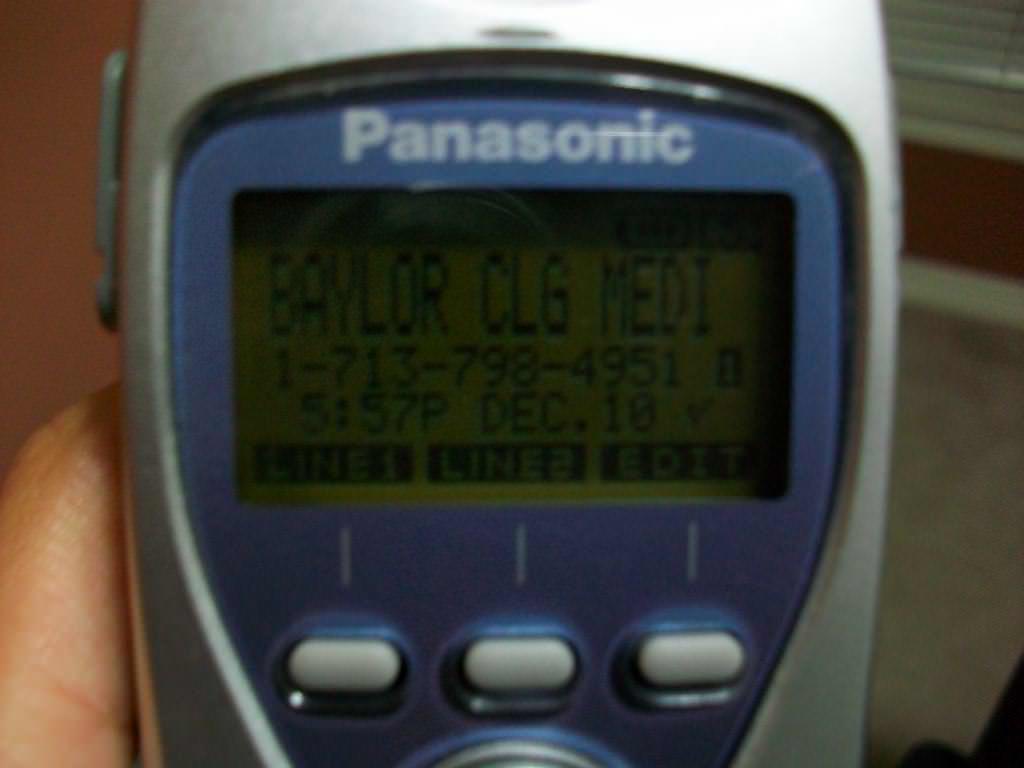
The acceptance from call from Baylor College of Medicine 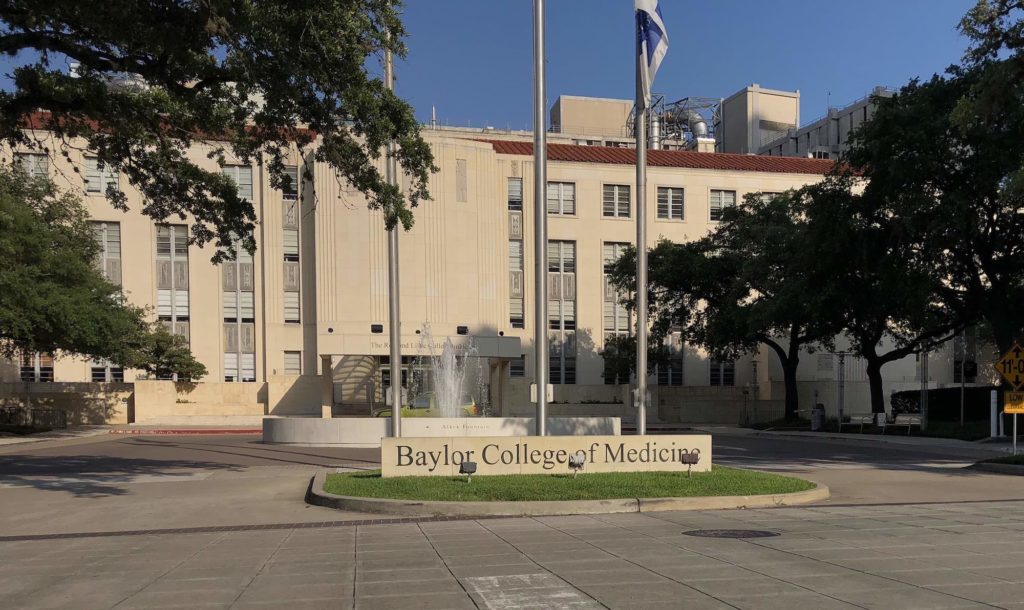
Baylor College of Medicine 
Part of the Texas Medical Center – the world’s largest medical complex 
First day of medical school 
White coat ceremony 
Lecture hall 
Match Day! Pinning my first choice of categorical anesthesiology residency at Baylor College of Medicine 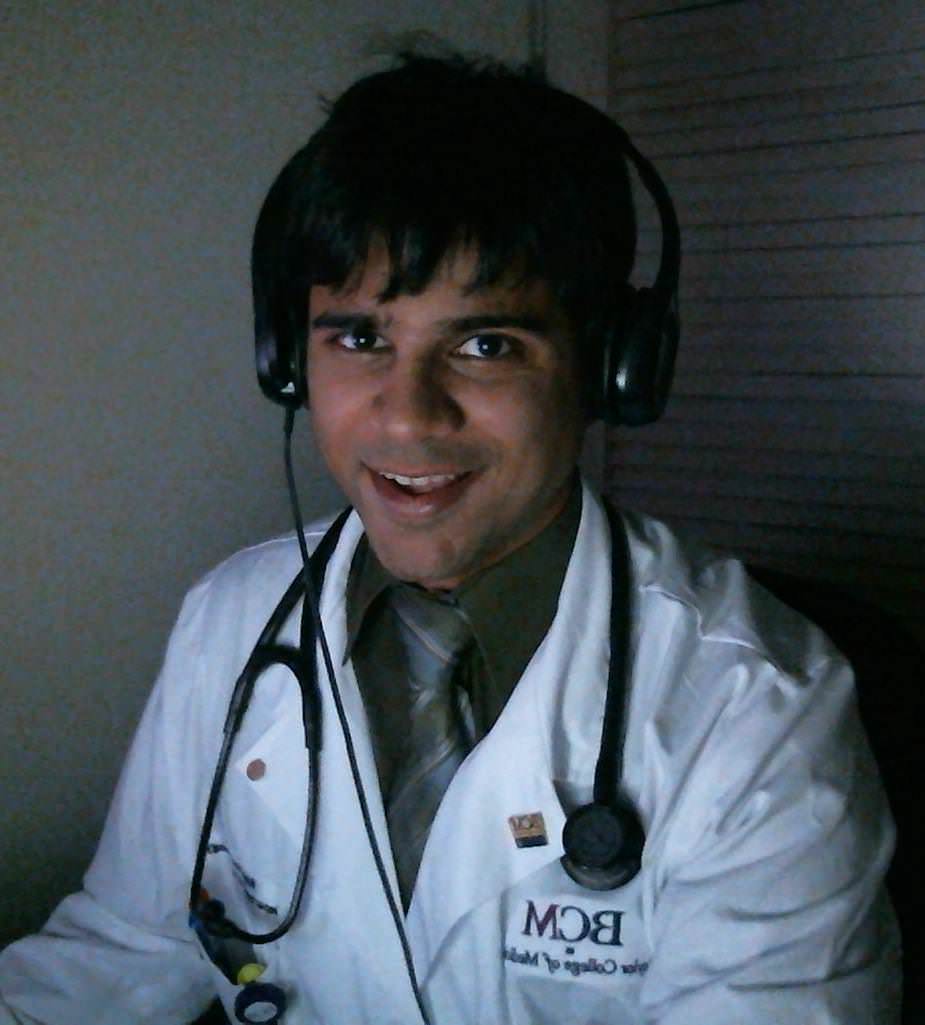
First day of intern year (PGY-1)! 
Cross-covering as an intern on night float 
Type and screening my own blood 
Alarm schedule for much of my intern year 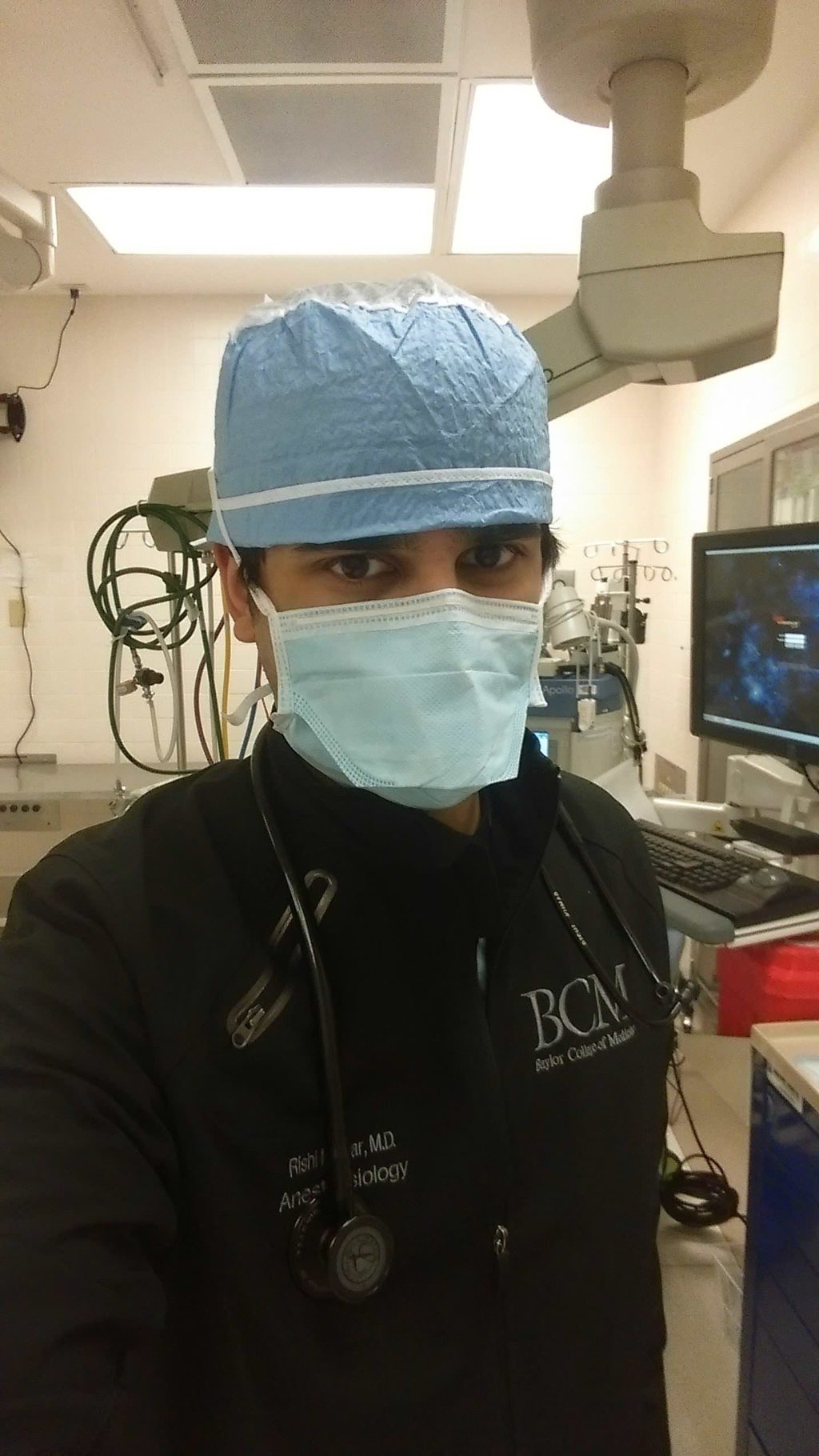
First day of anesthesia (CA-1)! 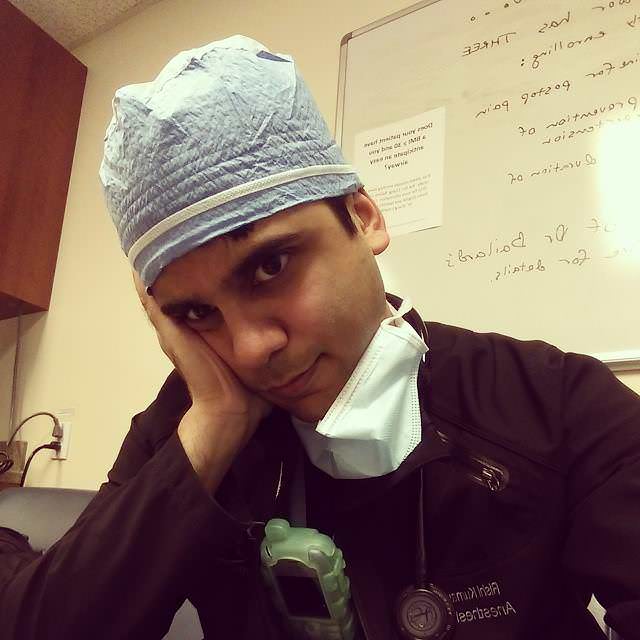
Tough night as a chief 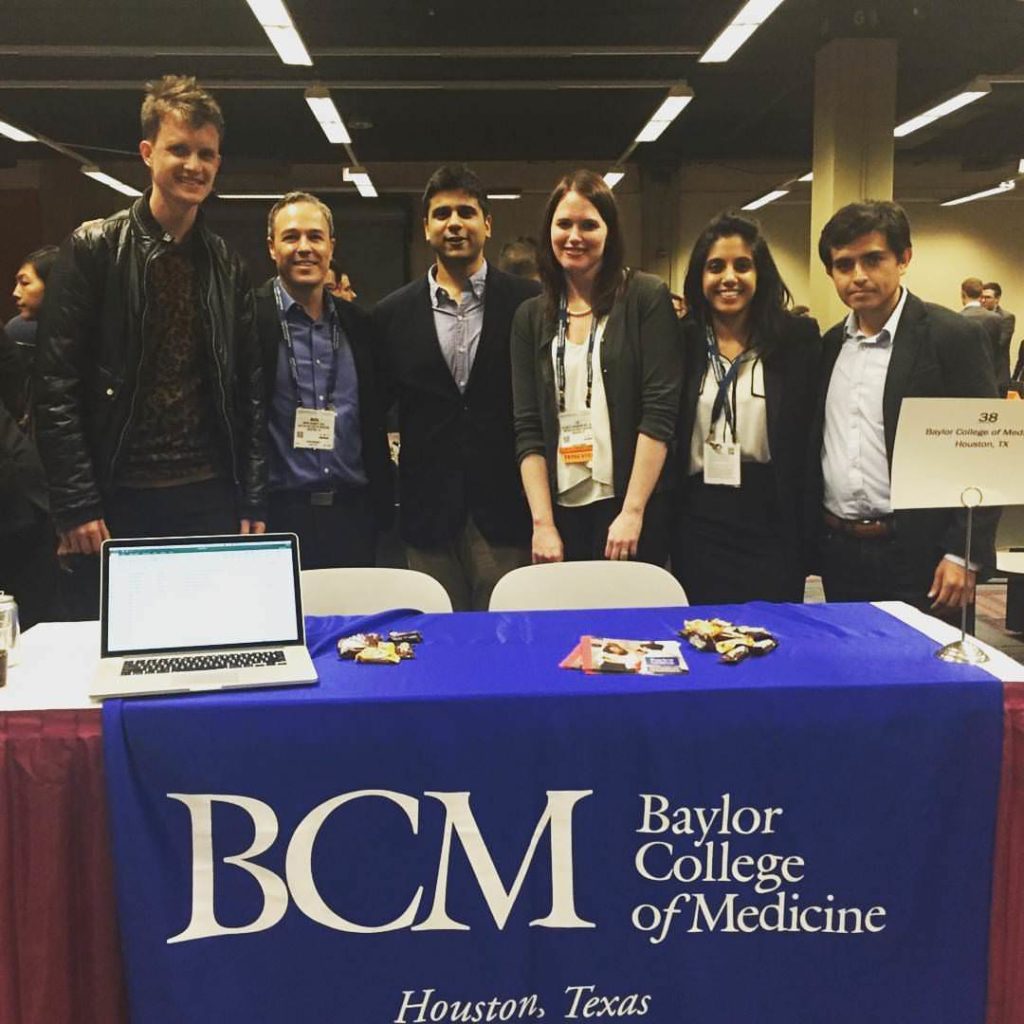
Baylor Med’s group at the meet-and-greet event at ASA 2016 in Chicago 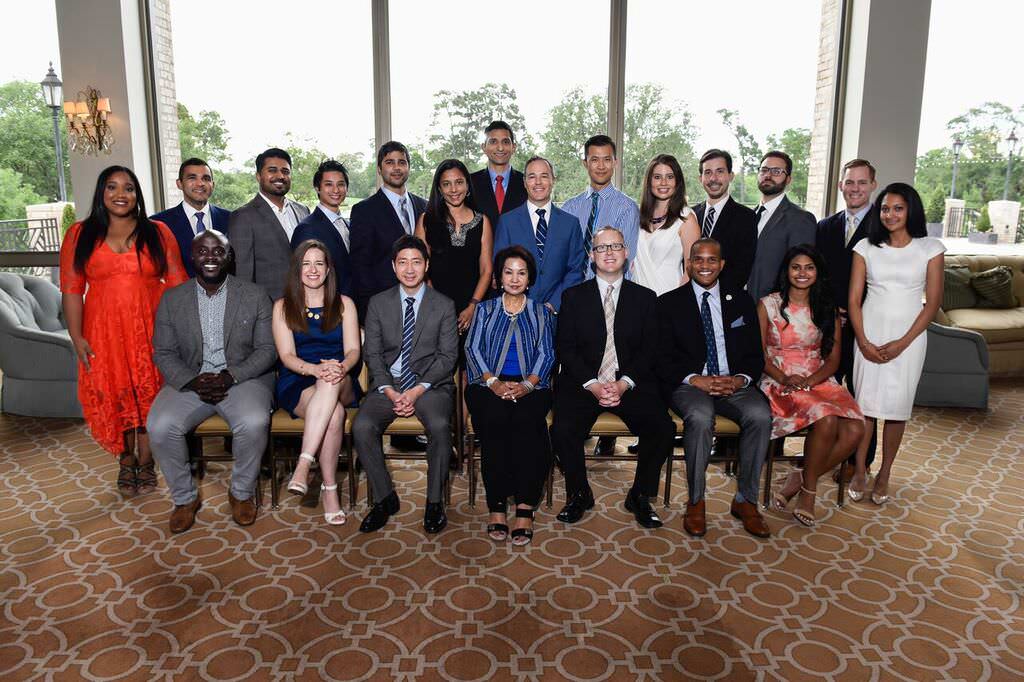
Anesthesiology residency graduation 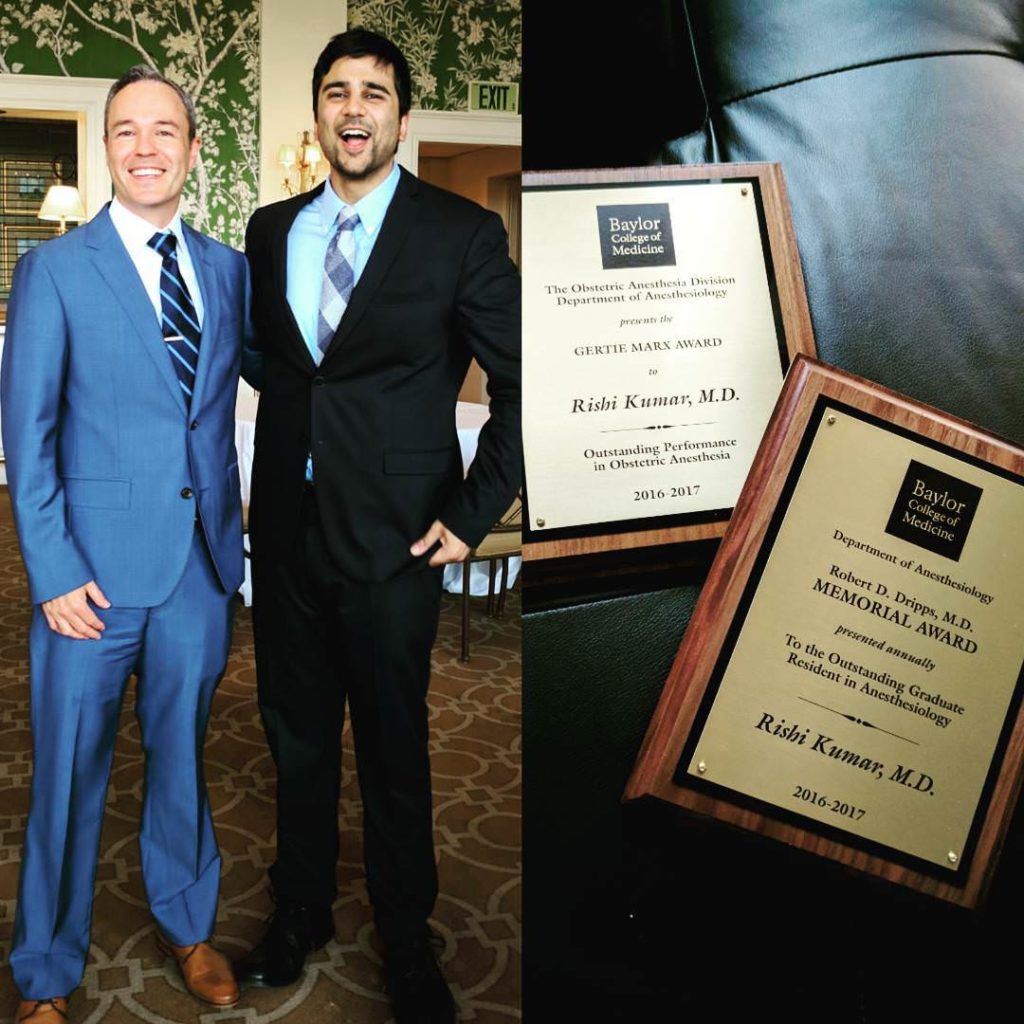
With my residency program director 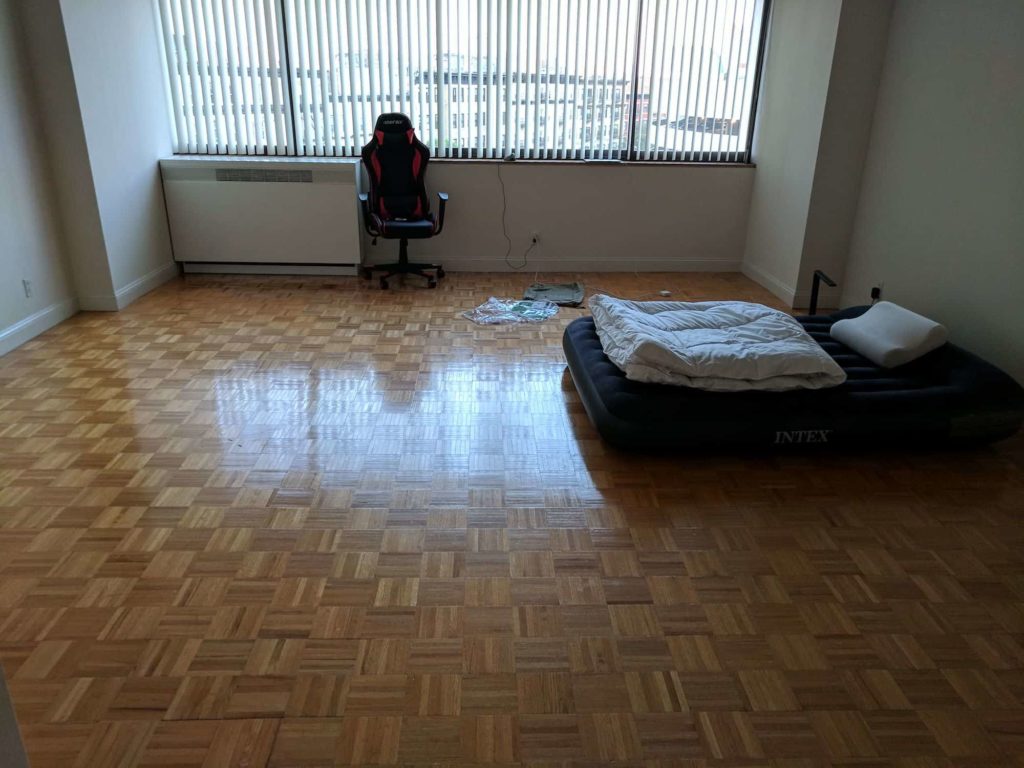
Lived like this for a few weeks after moving to Boston 
Harvard Medical School 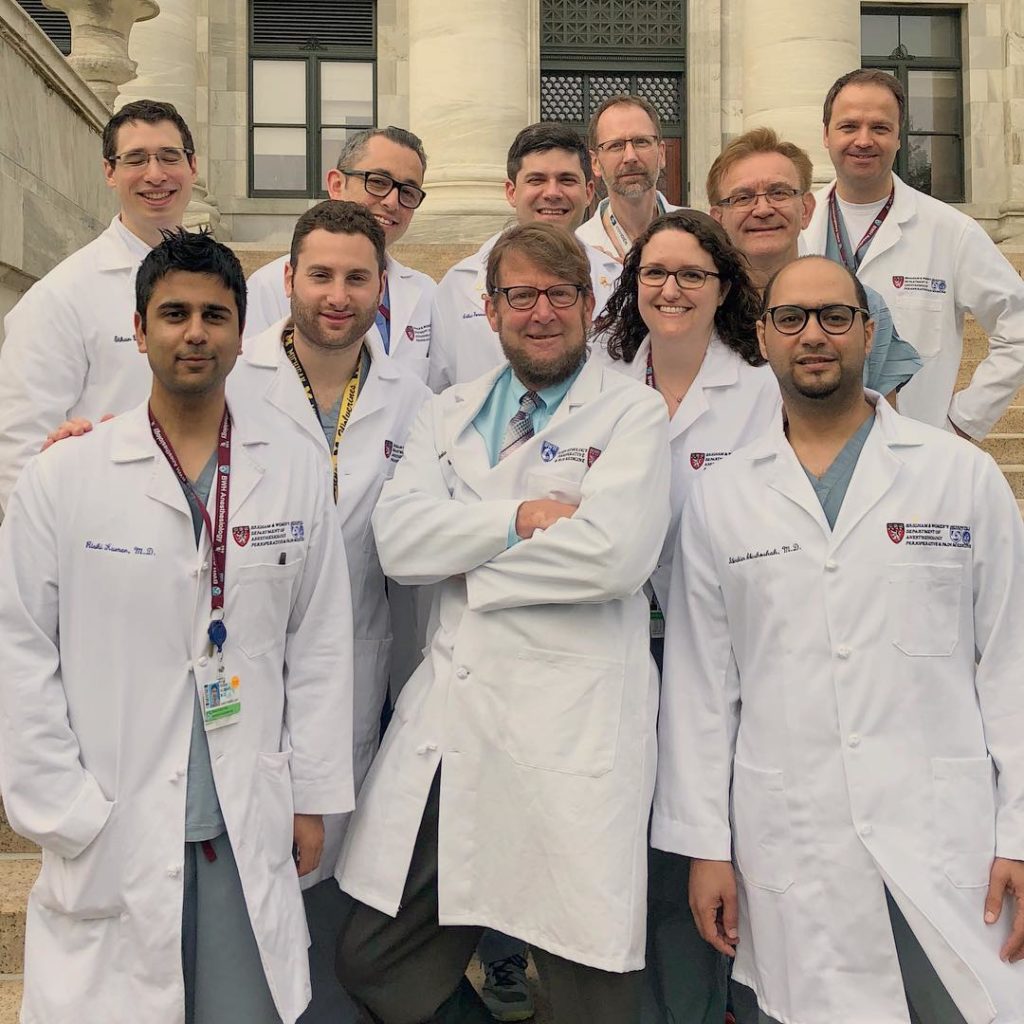
Critical care medicine fellowship graduates with some of the intensivists 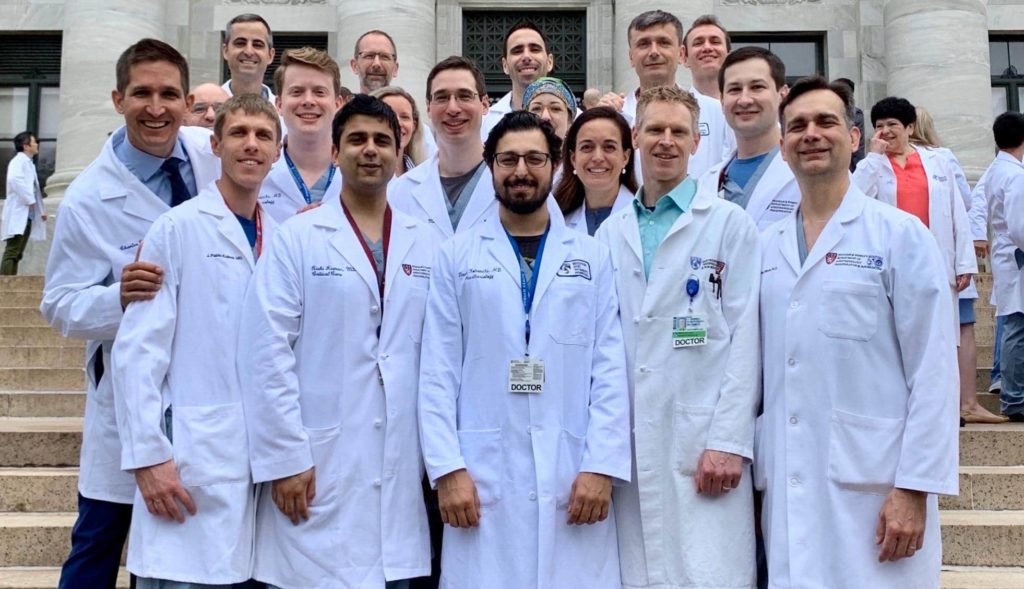
Adult cardiothoracic anesthesiology fellowship graduates with some of our faculty 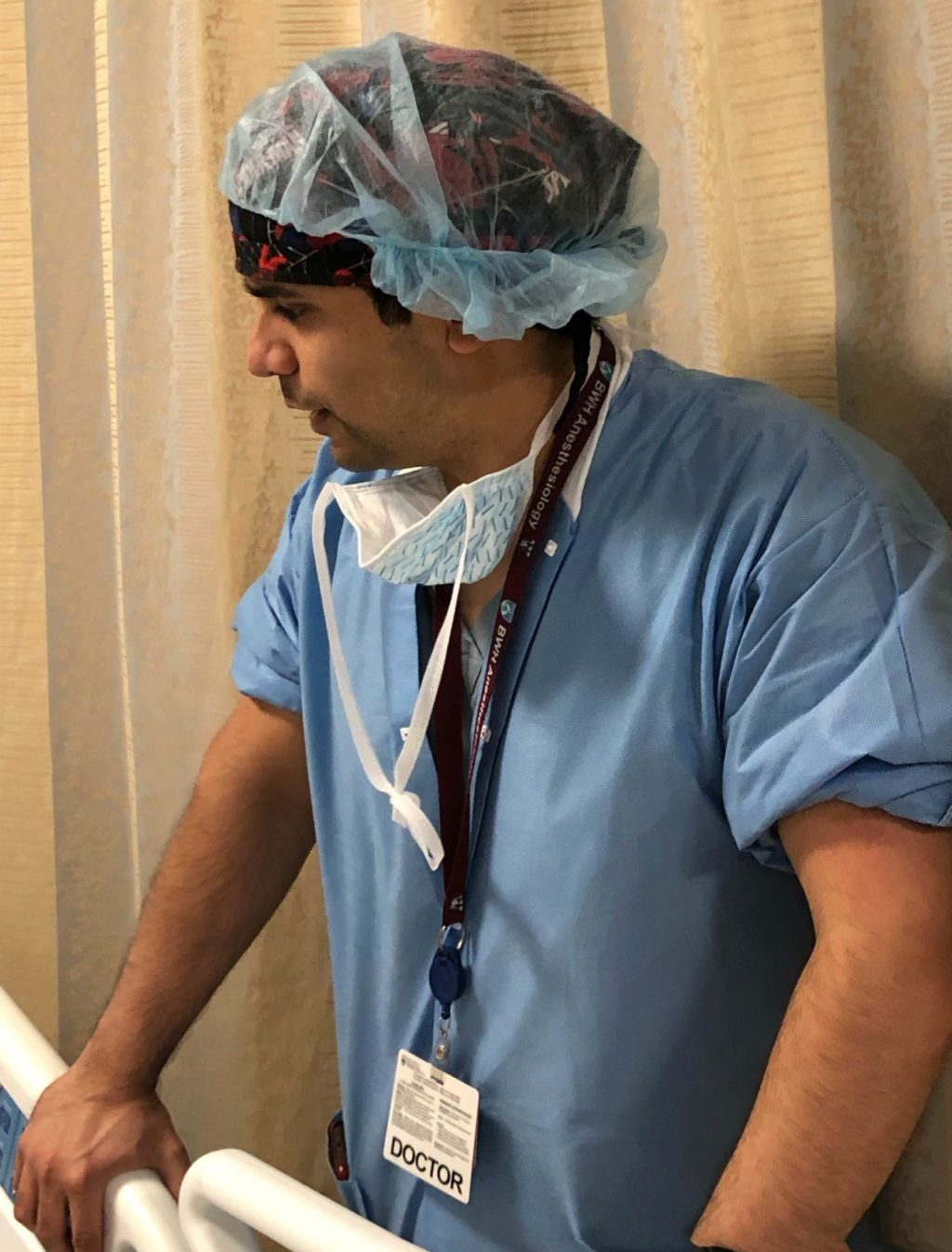
Signing out my final patient as a trainee






Congratulations to you on such great accomplishments. I’m an RN in Central Texas at Baylor Scott& White. Working with intelligent, compassionate and humble Docs, such as yourself, make my job that much more enjoyable.
Welcome back to Texas!!
Thank you so much!! I look forward to sharing what I’ve learned with my colleagues in Houston!
You continue to inspire and amaze me everyday! You’re the most humble, caring, compassionate person I’ve ever had the privilege of meeting. Although a decade of training and hard work is coming to an end another chapter is just beginning. I cannot wait to see you continue to grow as a physician.
Thank you so much!! 🙂